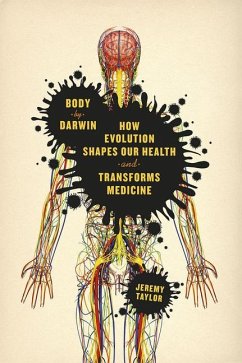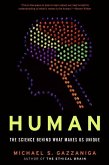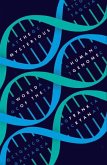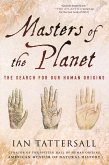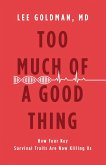The natural world is rich with elegant evolutionary designs, but ask any patient who wakes daily with sciatica, or the many septuagenarians in need of cataract surgery, not to mention any woman who has given birth, and evolution might seem more dismal than divine. The human body is a wonderful example of evolutionary compromise and adaptations. Our eyes were not designed for the arc of our current lifespan, with upright walking the spine had to shift and years of gravitational pull then take their toll. And the sheer size of our heads coupled with the shape of a woman's pelvis make birth the biological equivalent of a Rube Goldberg machine, with many extra moving parts just to make sure the basics can be done. While the human body may not be as elegant in form and function as those of other species, when explored from an evolutionary perspective, human medicine can be wonderfully illuminated. And this Darwinian view of body function and failure can in turn lead to innovative treatment and health care. This book takes some of the most fascinating and acute medical issues today--from high rate of autoimmune diseases to the high number of heart transplants needed--and explores them through an evolutionary prism. Evolutionary medicine prescribes new tools for understanding the origins of diseases and new kinds of research on possible treatments, of exactly the sort that this book so vividly describes.
Hinweis: Dieser Artikel kann nur an eine deutsche Lieferadresse ausgeliefert werden.
Hinweis: Dieser Artikel kann nur an eine deutsche Lieferadresse ausgeliefert werden.

